Due to corona pandemic since 2019, many students have to depend more and more on the internet for their study and work from Home. Also because of the strict lockdown people also have to maintain social distancing. In this difficult situation people are relying on internet based communication medium. However, are those network communication really safe and secure? Have we really thought about our privacy and freedom to make safer communication? Well basically home networks which only you use might be safer but if you are sharing your network, your data aren’t as safe as we think. Besides, many of us staying at home our main source of entertainment is either watching TV series or Movie or Anime on Netflix, Amazon Prime Video, Crunchyroll, YouTube and so on. However, there are many contents which aren’t available in your region because of the legal issues in your home of resident. This is a series of post going to explain about VPN (Virtual Private Network), secure internet, freedom to watch videos legally from your favorite subscribed medium and how one can access University Library from Home for study.
Who wanted to hack us?
Different hostile group of individuals have interests on our data for different reasons. To know more about those groups read this “Corona time Secure Internet and VPN – Hostile groups“
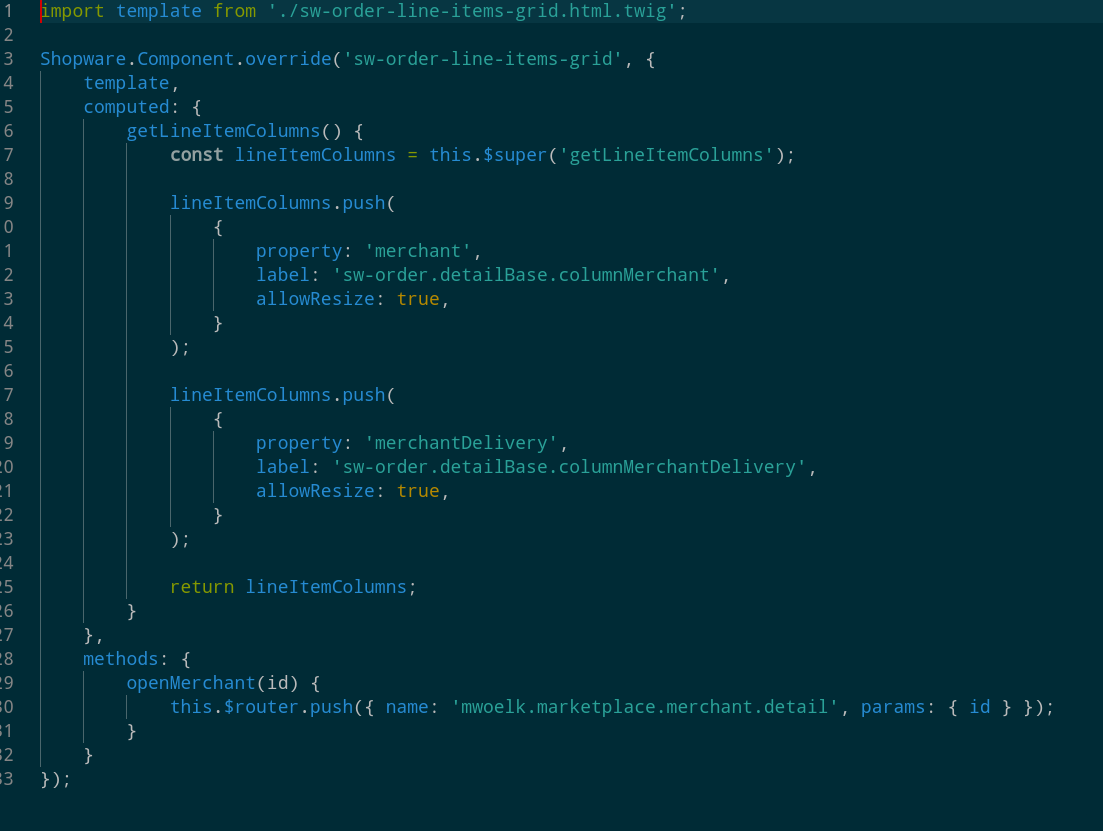
What is VPN?
As mentioned earlier VPN is a virtual Private Network and what it do it encrypts your data, connects you to a protected network when using public network. It makes much more difficult for the third party hostile users to get your real data. They can only monitor the data flowing but can’t find out what is going on. The encryption takes pace in real time.
How does it works?
The first most thing the VPN do is, it hide your real IP (Internet Protocol) address by redirecting it towards their own specially configured remote server known as a node. This means that you have traveled thought a secure tunnel and using the internet from this VPN host which is secure rather then some unkown “FreeWiFi” or Public Internet. Besides, VPNs use encryption to mixup data when it’s sent over a public network. Encryption makes the data unreadable as I’ve earlier mentioned. This means your Internet Service Provider (ISP) and other third parties cannot see which websites you visit or what data you have sent and received via online. A VPN works as like as a filter that turns all your data into “gibberish”. Even if someone were to get their hands on your data, it would be useless.
So, how does this help you? Good question! You can use a VPN to:
- Bypass geographic(as the VPN servers could be anywhere) restrictions on websites or streaming audio and video.
- Watch streaming media like Netflix, Amazon Prime video, Crunchyroll.
- Protect yourself from snooping on untrustworthy Wi-Fi hotspots.
- Gain at least some anonymity online by hiding your true location.
- Protect yourself from being logged while torrenting.
Many people these days are using a VPN for bypassing geographic restrictions to watch content in a different country. They are still very useful for protecting yourself while working at a coffee shop, but that’s hardly the only use anymore.
So, For today I will stop here. Stay tuned for my next post on this series “Corona Time Secure Internet and VPN – VPN for University Library”
![FHews – [ fju:s]](http://fhews.de/wp-content/uploads/2015/05/fhews_logo2_3B8ACC.jpg)

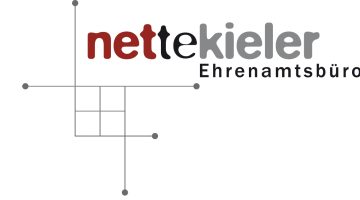
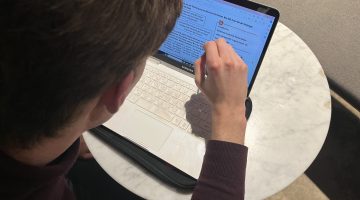





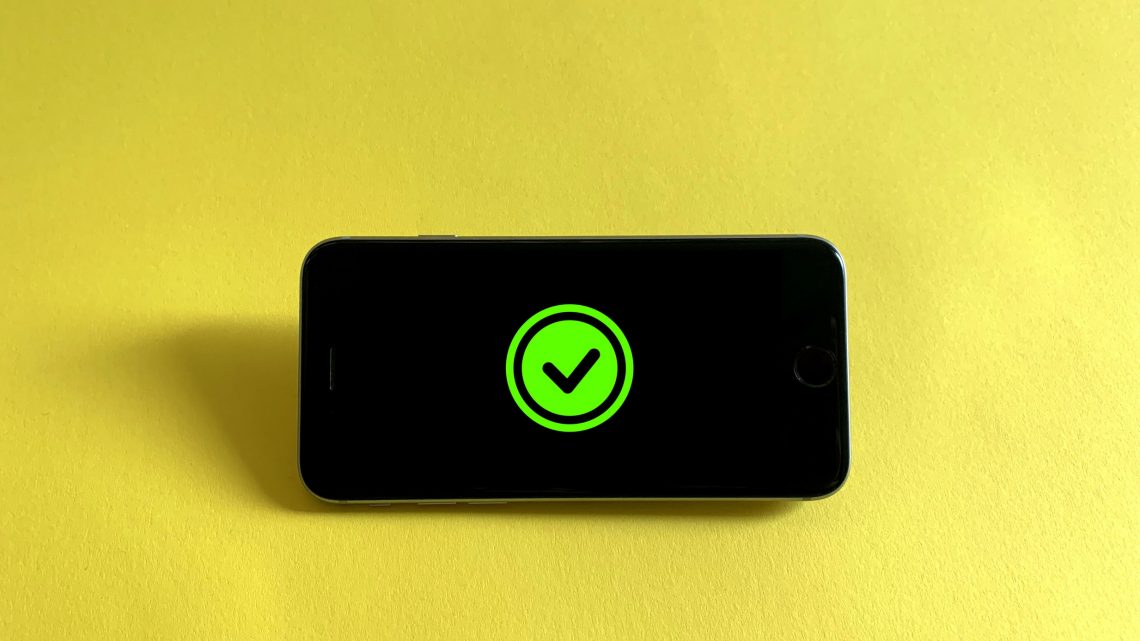


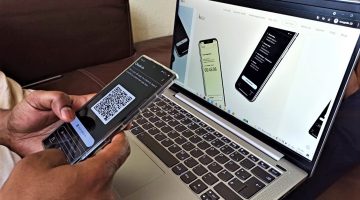
No Comment